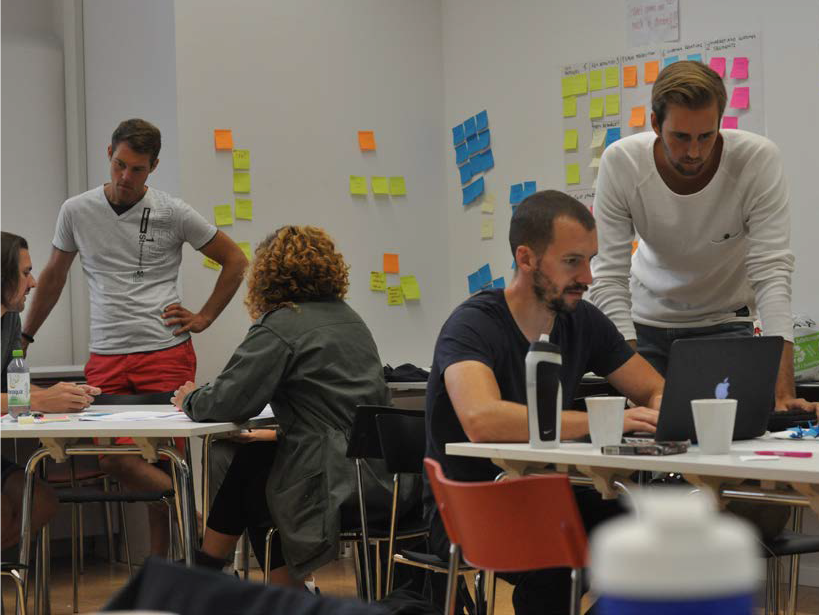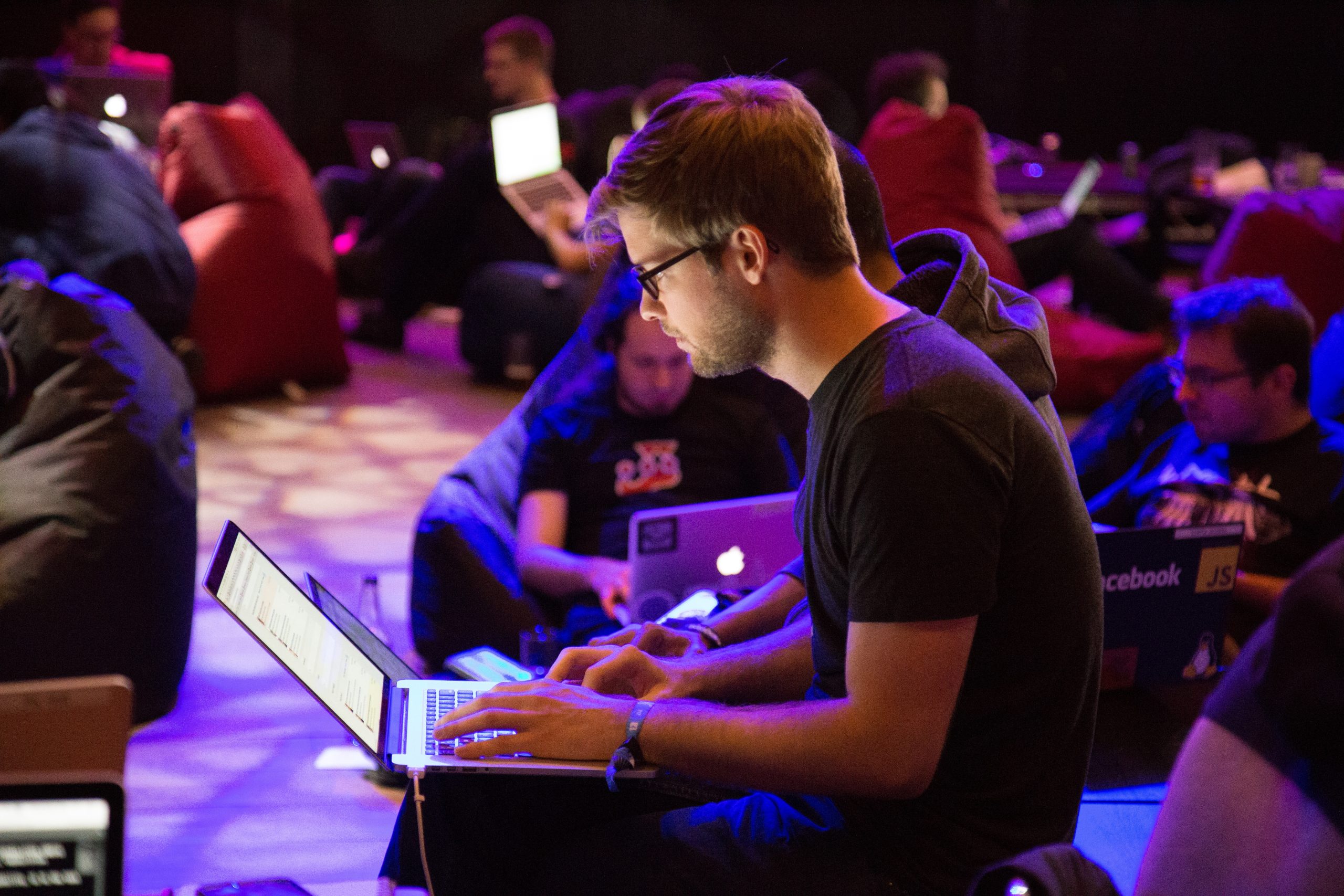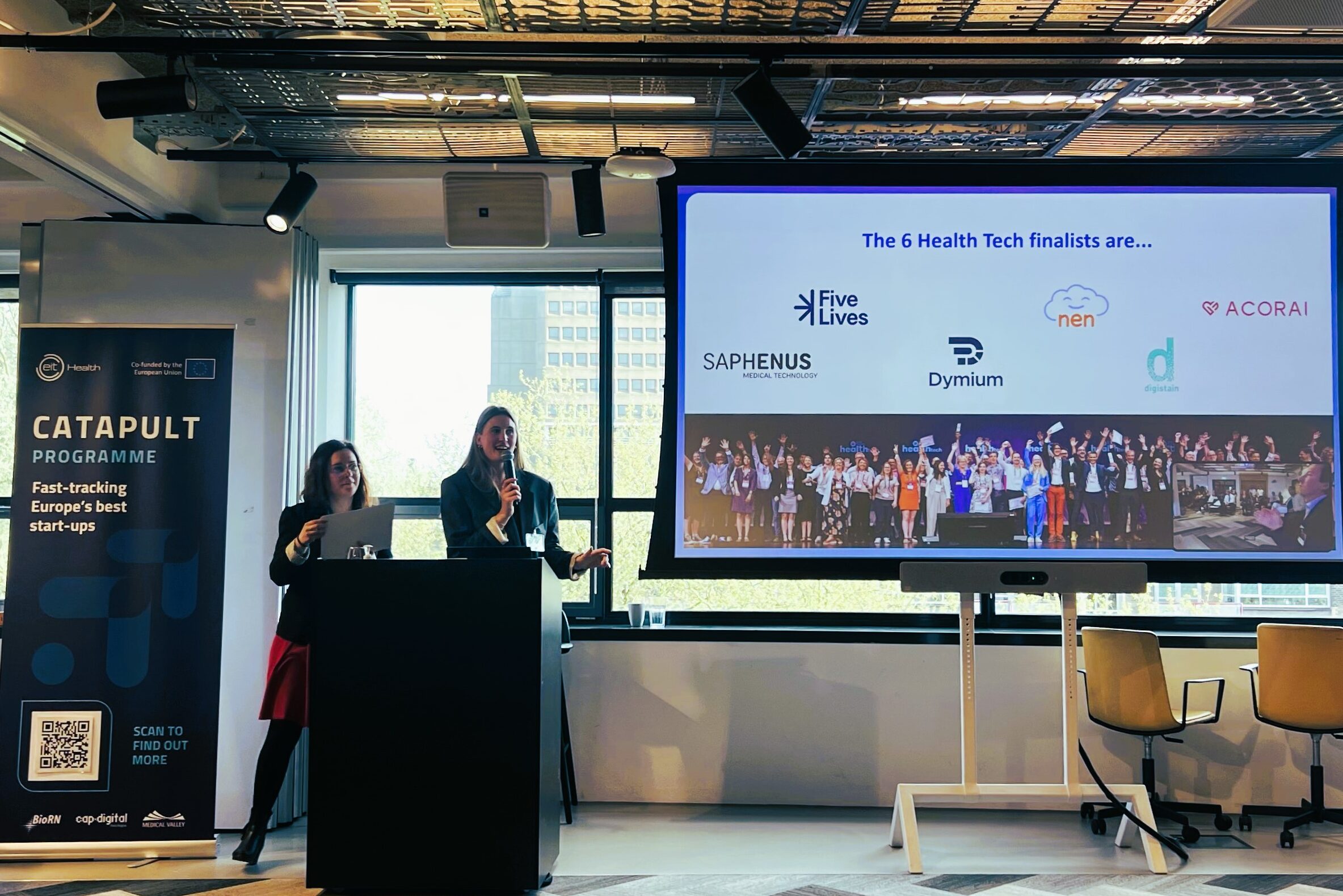20th August 2019
Using the playfulness and competition of e-games to enhance healthy behaviour

Innovation Game is a course that provides knowledge of innovative processes and innovative thinking as tools to solve need-based problems in interdisciplinary groups.
The focus is on solutions that can promote changes in healthcare and stimulate healthy habits. Game design is used as an educational tool.
“Our students work in four different groups, facing real challenges formulated by our partner organisation Region of Gotland,” says EIT Health Innovation Game Summer School course leader Erik Olsson, according to an article on the Uppsala University website. This summer’s mutual theme was children’s and youth’s health, and how it can be promoted with game design and serious games created for a purpose larger than pure entertainment.
“Research shows that heterogeneous groups generate better ideas. But, of course, interdisciplinary groups face specific challenges that we approach through different exercises,” says Svante Axelsson, education developer and teacher. Before students divide into groups, they discuss what different roles are needed in a group, as well as analyse what role they usually take in a group. “In doing this we build well-functioning teams based on skills. After that we provide the students with tools as well as support when needed.”
One of the Summer School students is Matthew Davis from Britain; he holds a degree in design technology and completed a master’s programme in Industrial Management and Innovation before heading towards Visby and Innovation Game. “Having always been interested in games, I assumed I had the right skills for the course and ‘gamefication’ is something I really want to explore further in my future career” says Matthew.
Aida de Heras, is another member of this summer’s iGame Student, born in Spain but currently living in Britain. Several years ago, she studied biotechnology before adding science communication. “As part of my master’s degree, I wrote about game design and developed a game for schools about sexually transmitted infections” explains Aida.
Here in Visby, she has been involved in the development of a board game clarifying the mechanisms behind false facts while promoting critical thinking. The players divide into “the good” and “the evil”, playing with cards like fear, trust, distrust and other things affecting the spread of rumors.
What happens to all of the ideas after the course? One of the foundations of EIT Health is to support entrepreneurship and innovation, and some ideas may develop further after these intense summer weeks.
“This experience has been very inspiring to me, and I hope that I was able to add some inspiration myself” says entrepreneur Per Ek who was a guest speaker during iGame. CEO of a Swedish company developing activity bracelet and games for children, Per’s vision is to motivate children to move for at least an hour a day by adding playfulness and turning physical exercise into fun. “Since this is a course that students apply for out of genuine interest there is also extra commitment. A bonus for me is that I will bring so many smart ideas with me back to the office.”
Join the heartbeat of healthtech in Munich this June

Discover the third annual health.tech conference.
Health experts make recommendations on EHDS implementation

Discover our new Think Tank report.
